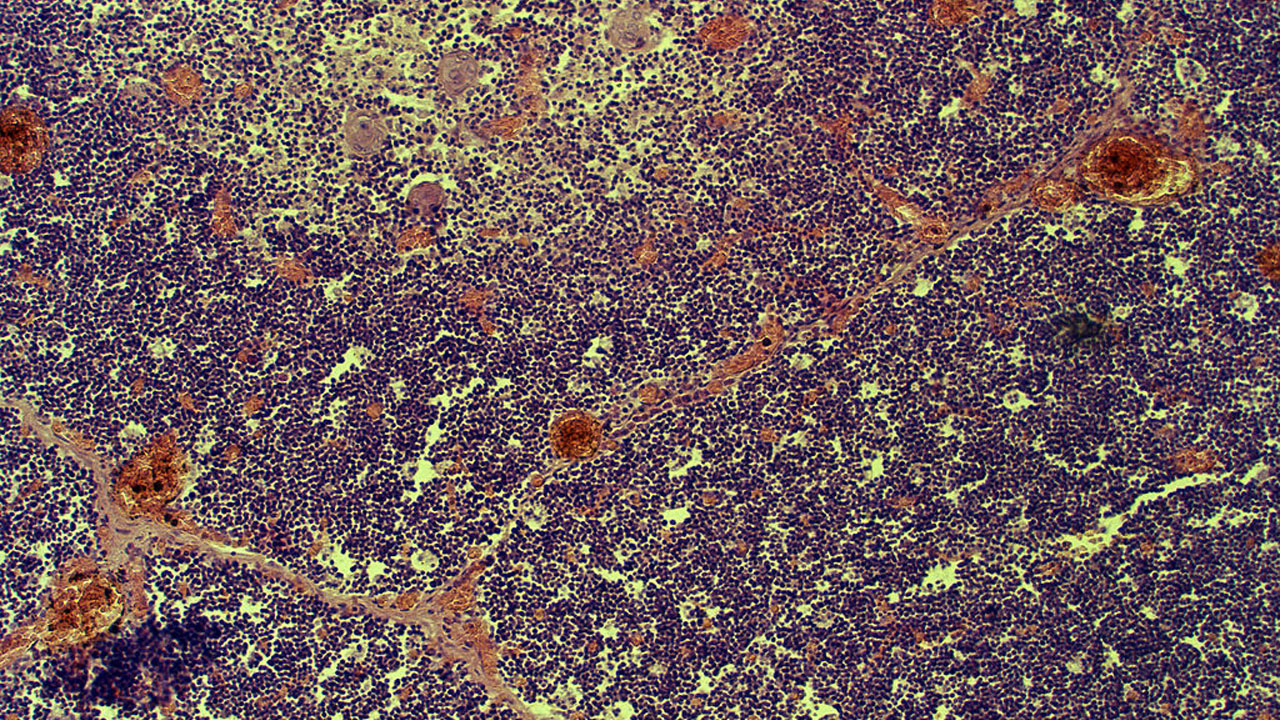For the first time ever, scientists have from an organ from a group of cells transplanted into mice — a thymus, an which is located near the heart and essential for immune system function. The findings published in Nature Cell Biology could have massive implications for the future of organ transplants, though scientists say they are years away from attempting the procedure in humans.
The organ was grown out of mouse embryo cells, which were genetically “reprogrammed” to become a thymus. In the past, scientists have been able to grown human brain matter equivalent to that found in a 9-week-old fetus. But the thymus is a much less complex organ and it was actually able to achieve functionality in the experiment.
“This was a complete surprise to us, that we were really being able to generate a fully functional and fully organised organ starting with reprogrammed cells in really a very straightforward way,” researcher Clare Backburn told the BBC. “This is a very exciting advance and it’s also very tantalising in terms of the wider field of regenerative medicine.
Regenerative therapies scientist Dr. Paolo de Coppi gave some context for the achievement:
“Engineering of relatively simple organs has already been adopted for a small number of patients and it is possible that within the next five years more complex organs will be engineered for patients using specialised cells derived from stem cells in a similar way as outlined in this paper.
“It remains to be seen whether, in the long term, cells generated using direct reprogramming will be able to maintain their specialised form and avoid problems such as tumour formation.”
(Photo: Wikipedia)


